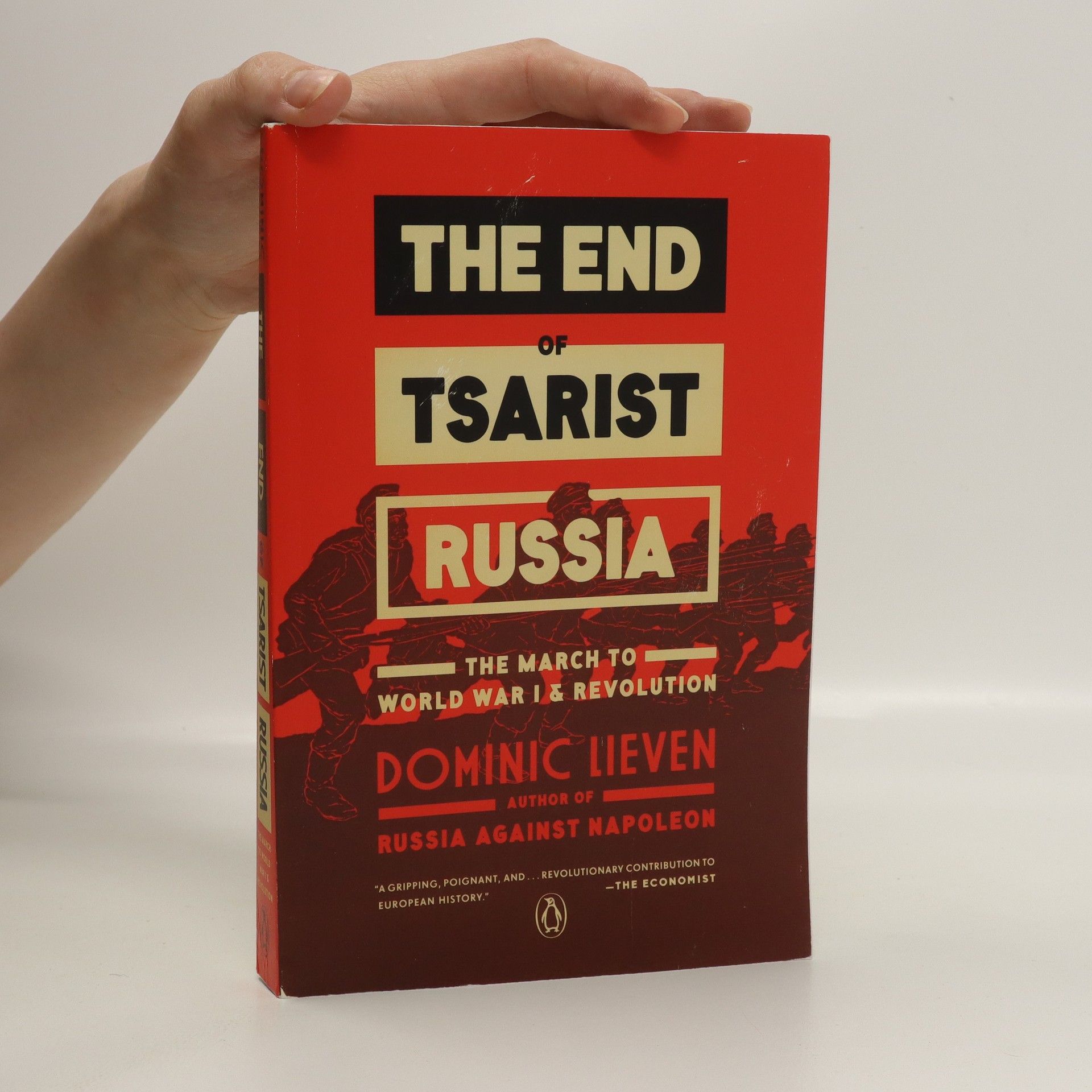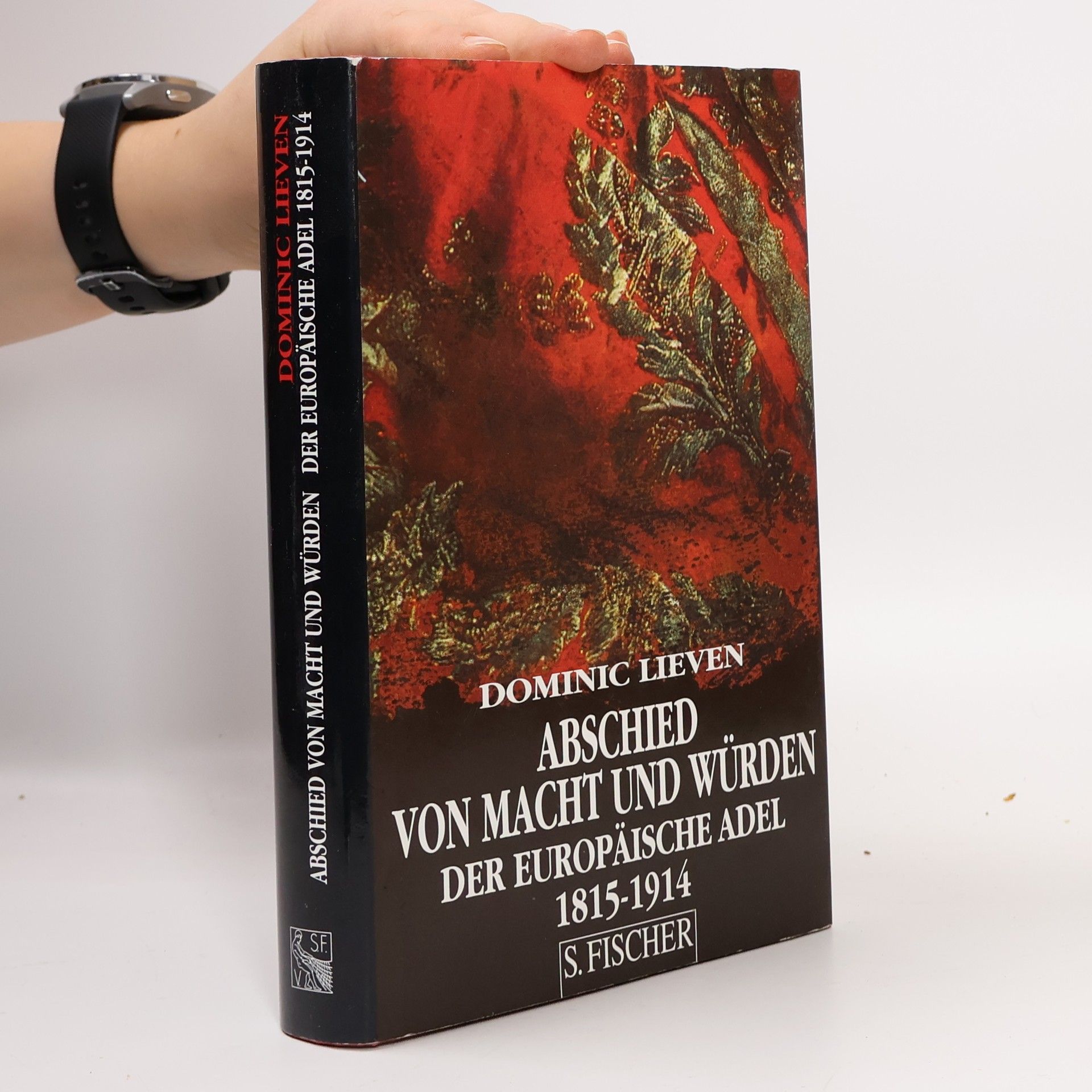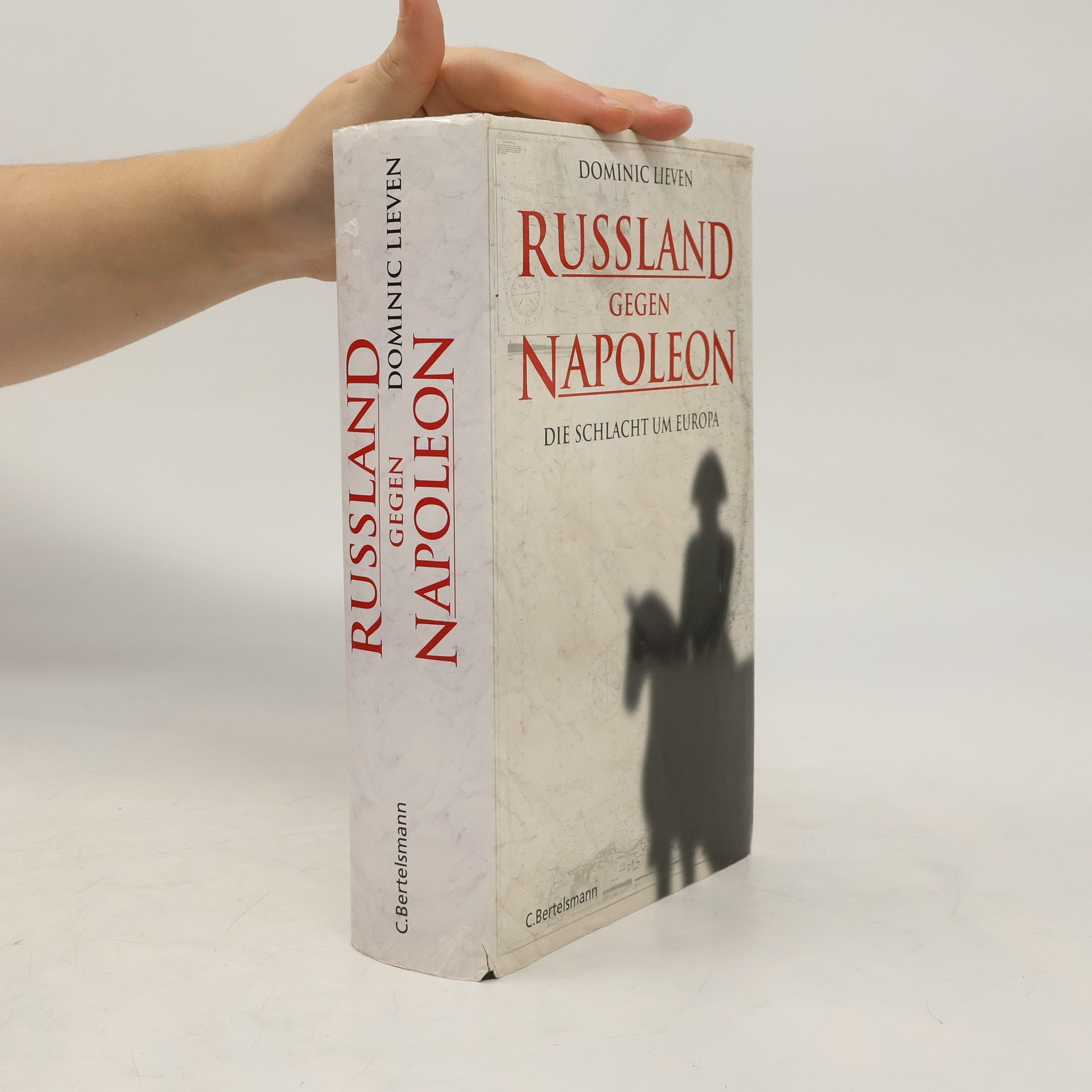D. C. B. Lieven Boeken

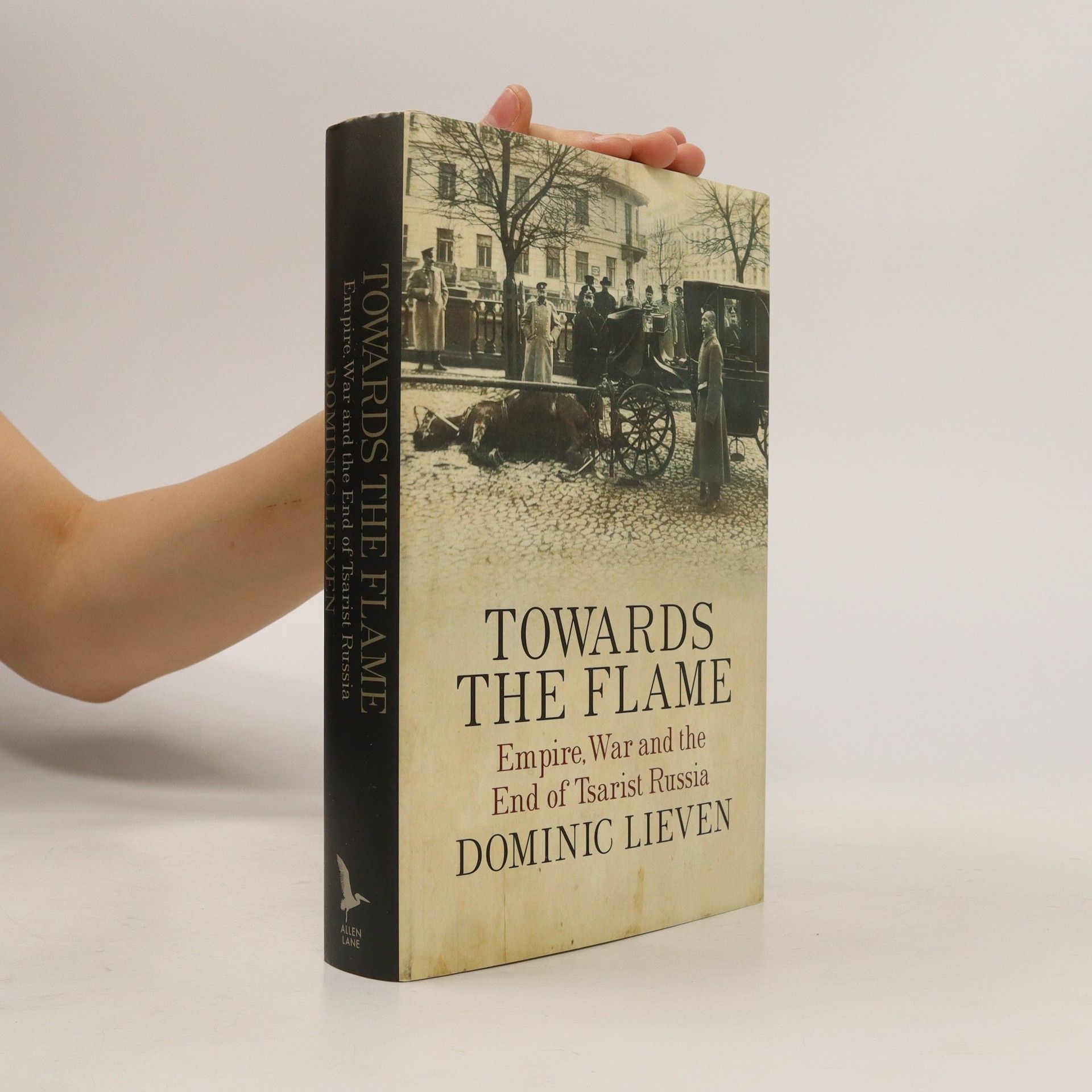
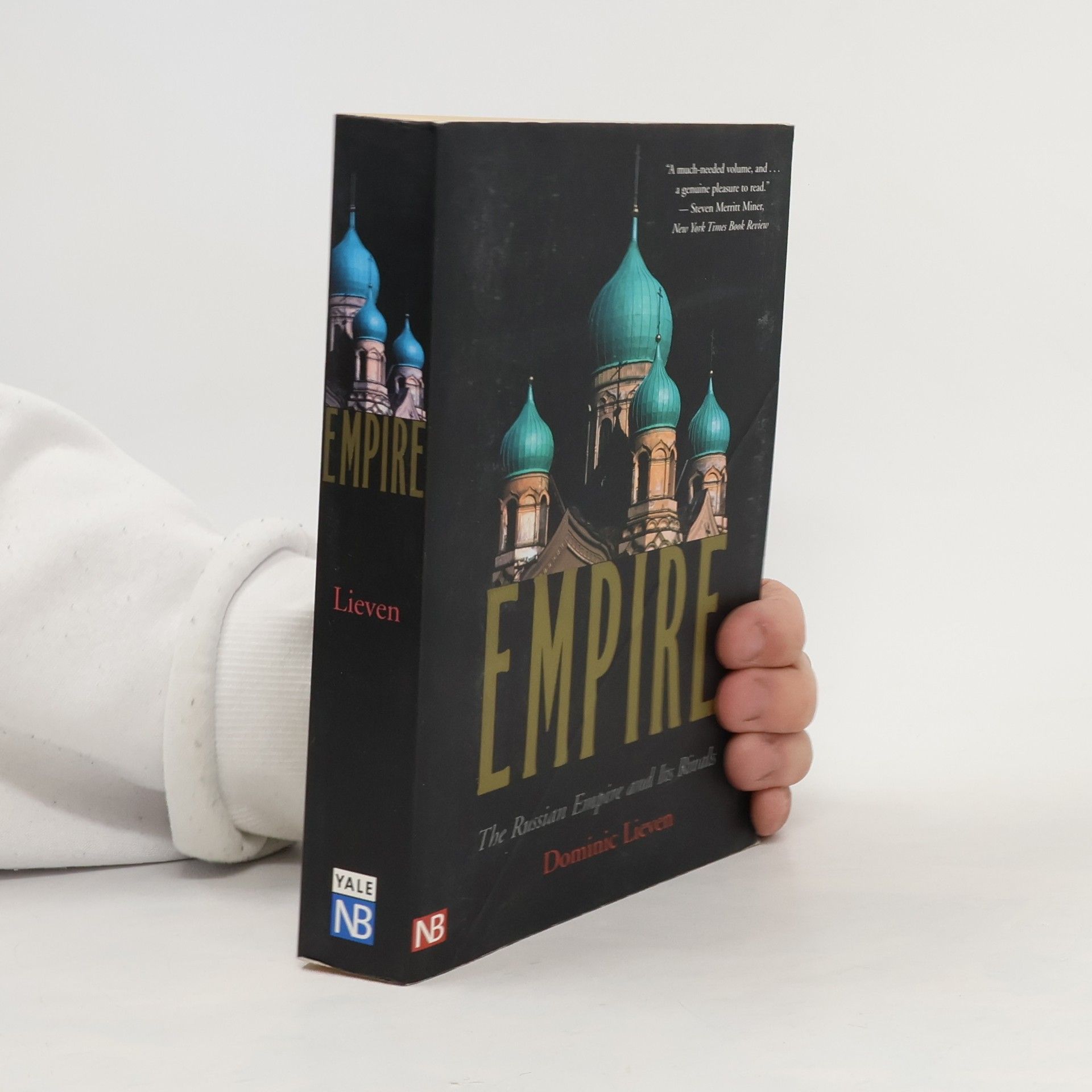
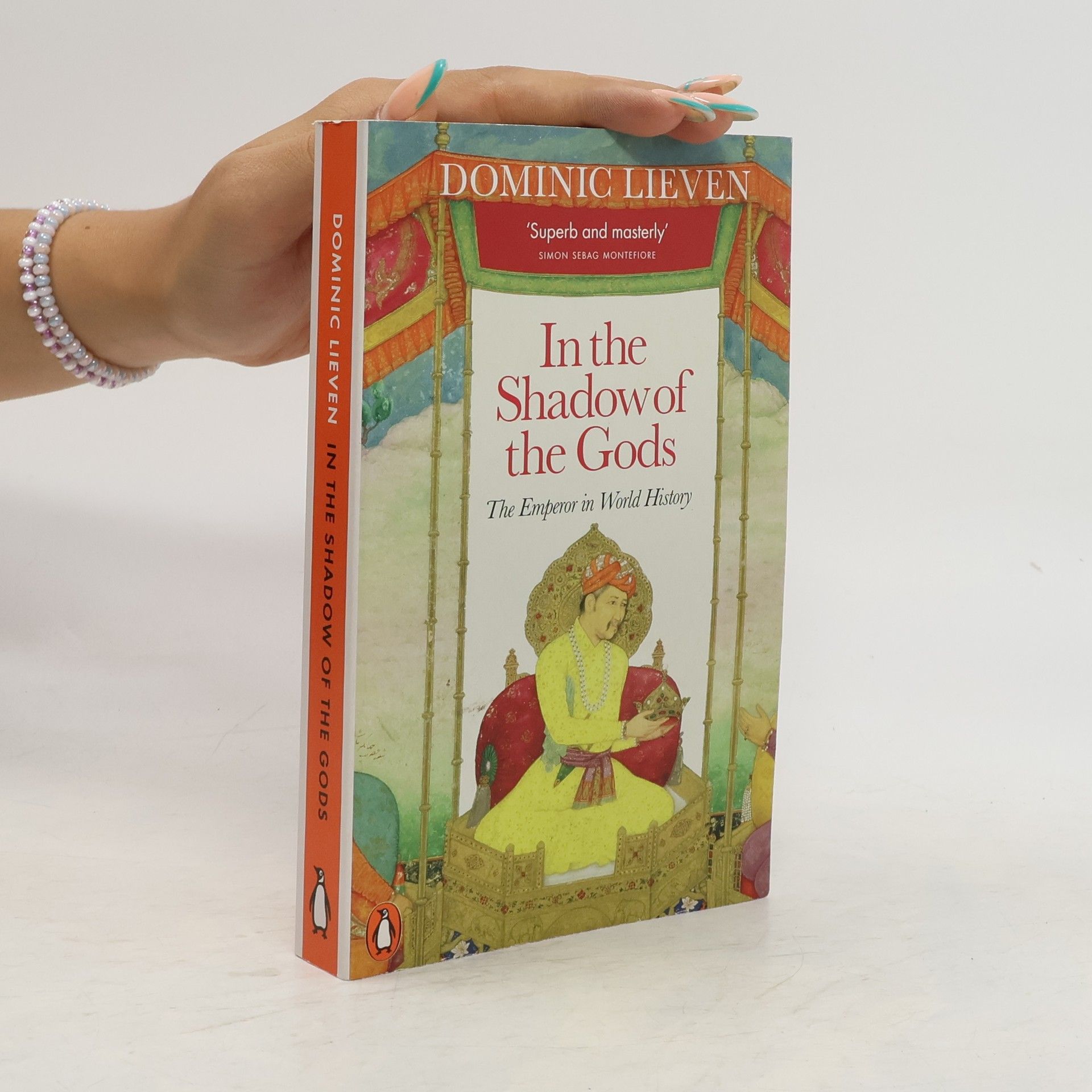
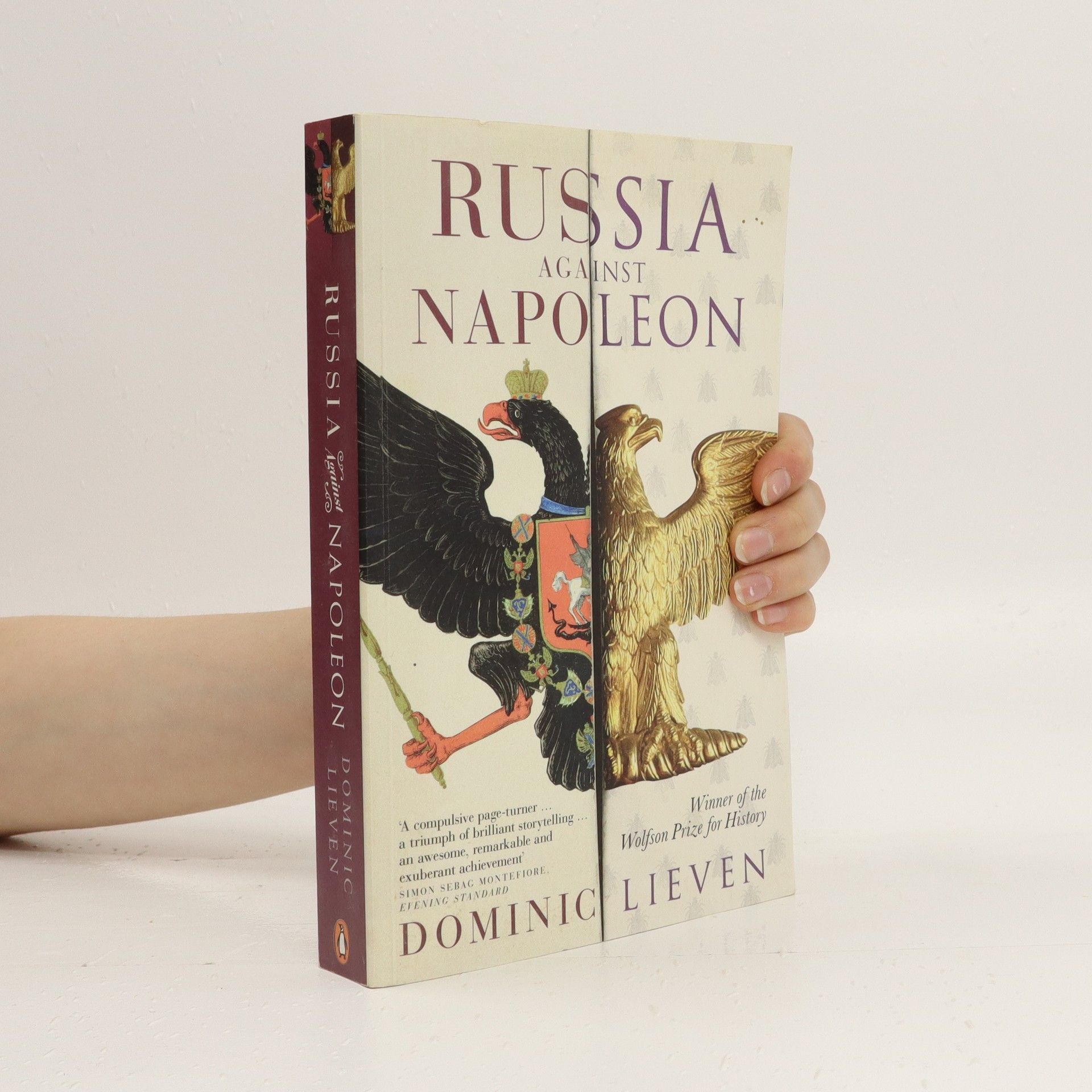

Russia against Napoleon : the battle for Europe, 1807 to 1814
- 656bladzijden
- 23 uur lezen
'Brilliant' MICHAEL GOVE, SUNDAY TELEGRAPH, BOOKS OF THE YEAR 'A historian's version ofWar and Peace . . . this is military history of a high order, plunging us into a world of dashing dragoons and bristling moustaches, in which the largest army ever assembled came to grief in the snow outside Moscow' DOMINIC SANDBROOK, DAILY TELEGRAPH, BOOKS OF THE YEAR In the summer of 1812 Napoleon, the master of Europe, marched into Russia with the largest army ever assembled, confident that he would sweep everything before him. Yet less than two years later his empire lay in ruins, and Russia had triumphed. This is the first history to explore in depth Russia's crucial role in the Napoleonic Wars, re-creating the epic battle between two empires as never before. 'A landmark book' ECONOMIST,BOOKS OF THE YEAR 'A magnificent and outstanding tour-de-force . . . as exciting and sensitive as the most thrilling novel but packed with new revelations and vivid descriptions of savage battles, swashbuckling cavalrymen and towering personalities' SIMON SEBAG MONTEFIORE, EVENING STANDARD 'Radically alters our assumptions about how Napoleon was beaten' ANDREW ROBERTS, DAILY TELEGRAPH, BOOKS OF THE YEAR 'A monumental work' ORLANDO FIGS Shortlisted for the 2009 Duff Coper Prize
For millennia much of the world was ruled by emperors, a handful of individuals claimed no limit to the lands they could rule over and no limit to their authority and indeed often claimed a superhuman or divine authority. In practice they ran the gamut from being some of the most remarkable men who ever lived, to being some of the worst and least remarkable. Dominic Lieven's marvellous new book, In the Shadow of the Gods, is the first to grapple seriously with this extraordinary phenomenon. Lieven compares the great emperors of antiquity, the caliphs and the warrior-emperors of the steppe before he turns to the Habsburg, Russian, Ottoman, Mughal and Chinese emperors, packing the book with extraordinary stories, astute observations and a sense of both delight and horror at these individuals' antics. The entire breadth of extreme human behaviour is here, from warlords to patrons of the arts, from political genius to feeble incapacity and pathological violence. As one of the great experts both on empires and on Russian history, Lieven is brilliantly qualified to write a book that brings to life a system of rule that dominated most of human history, as well as some of history's grandest and most dismaying figures.
Focusing on the Tsarist and Soviet empires of Russia, Lieven reveals the nature and meaning of all empires throughout history. He examines factors that mold the shape of the empires, including geography and culture, and compares the Russian empires with other imperial states, from ancient China and Rome to the present-day United States. Illustrations.
Towards the Flame
- 428bladzijden
- 15 uur lezen
The Russian decision to mobilize in July 1914 may have been the single most catastrophic choice of the modern era. Some articulate, thoughtful figures around the Tsar understood Russia's fragility, and yet they were shouted down by those who were convinced that, despite Germany's patent military superiority, Russian greatness required decisive action. Russia's rulers thought they were acting to secure their future, but in fact - after millions of deaths and two revolutions - they were consigning their entire class to death or exile and their country to a uniquely terrible generations-long experiment under a very different regime.Dominic Lieven is a Senior Research Fellow of Trinity College,Cambridge University, and a Fellow of the British Academy. His book Russia Against Napoleon (Penguin) won the Wolfson Prize for History and the Prize of the Fondation Napoleon for the best foreign work on the Napoleonic era.
In the Shadow of the Gods: The Emperor in World History
- 528bladzijden
- 19 uur lezen
The book offers an insightful exploration of leadership and power, examining the influential figures who shaped empires throughout history. It delves into the qualities and decisions that defined these leaders, highlighting both men and women who played pivotal roles across different cultures and eras. Through compelling narratives, it reveals the complexities of authority and governance, providing a rich understanding of what it means to lead.
The End of Tsarist Russia
- 448bladzijden
- 16 uur lezen
The decision to go to war in 1914 had catastrophic consequences for Russia. The result was revolution, civil war and famine in 1917-20, followed by decades of Communist rule. Dominic Lieven's powerful and original new book, based on exhaustive and unprecedented study in Russian and many other foreign archives, explains why this suicidal decision was made and explores the world of the men who made it, thereby consigning their entire class to death or exile and making their country the victim of a uniquely terrible political experiment under Lenin and Stalin. Epic in detail and scope, The End Of Tsarist Russia is a gripping study of why the Russian Revolution happened and why it had such fateful consequences for both Russia and Europe. The End Of Tsarist Russia is about far more than Russia. By looking at the origins and results of the First World War from a mostly Russian angle, it offers a radically different view of why Europe descended into disaster. Dominic Lieven's interpretation of Europe's great war and Russia's revolution will overturn assumptions about events that still have major implications for world history down to the present day
W przenikliwej analizie historii stosunków międzynarodowych na początku XX wieku, brytyjski historyk Dominic Lieven stawia tezę, że fundamentalny dylemat, przed którym stanęli Europejczycy w 1914 roku, pozostaje aktualny. Zauważa, że logika Unii Europejskiej ma charakter imperialny, a mieszkańcy Europy muszą łączyć zasoby kontynentu, aby uniknąć marginalizacji w kwestiach bezpieczeństwa i dobrobytu. W obliczu niebezpiecznego klimatu międzynarodowego konieczność europejskiej solidarności jest oczywista. Jednocześnie Europa, jako kontynent, który wynalazł nacjonalizm etniczno-językowy, zmaga się z wpływem polityki tożsamości, co czyni łączenie tych przeciwieństw trudnym i istotnym. Proces przekształcania Europy Środkowo-Wschodniej w region etniczno-językowy kosztował dwie wojny światowe, ludobójstwo i czystki etniczne, a skutki upadku imperiów, takich jak radzieckie czy jugosłowiańskie, wciąż są odczuwalne. Lieven wskazuje, że skutki upadku imperiów ujawniają się po pokoleniach, a katastrofy lat 90. XX wieku w Rosji mogą mieć długofalowe konsekwencje. Autor zwraca uwagę na współczesne problemy w Europie i na innych kontynentach oraz na wyzwania związane z kryzysem klimatycznym, które stają się równie groźne jak te z 1914 roku.
Eine grundlegend neue Bewertung der Napoleon-Zeit auf der Basis erstmals ausgewerteter russischer Quellen Der Sieg Russlands über Napoleon markiert ein epochales Ereignis der europäischen Geschichte. Nach der Zerschlagung der vertriebenen Grande Armée 1812 wurde Napoleons Heer 1813 ein weiteres Mal auf deutschen Schlachtfeldern besiegt, bevor russische Truppen an der Spitze der siegreichen Koalition am 31. März 1814 in Paris einmarschierten. Damit begründete das Zarenreich im bis dahin längsten Feldzug der europäischen Geschichte Stabilität und Frieden im damaligen Europa. Dominic Lieven bezieht erstmals umfassend die russische Ereignisperspektive ein und revidiert zentrale Positionen bisheriger Geschichtsschreibung, die sich vornehmlich auf westliche Quellen stützt. Dabei werden drei kriegsentscheidende Stärken Russlands sichtbar: die logistische Meisterleistung, eine halbe Million Truppen außerhalb des eigenen Staatsgebiets zu versorgen, die Überlegenheit der russischen Kavallerie und die oft verkannte Weitsicht von Zar Alexander I.
